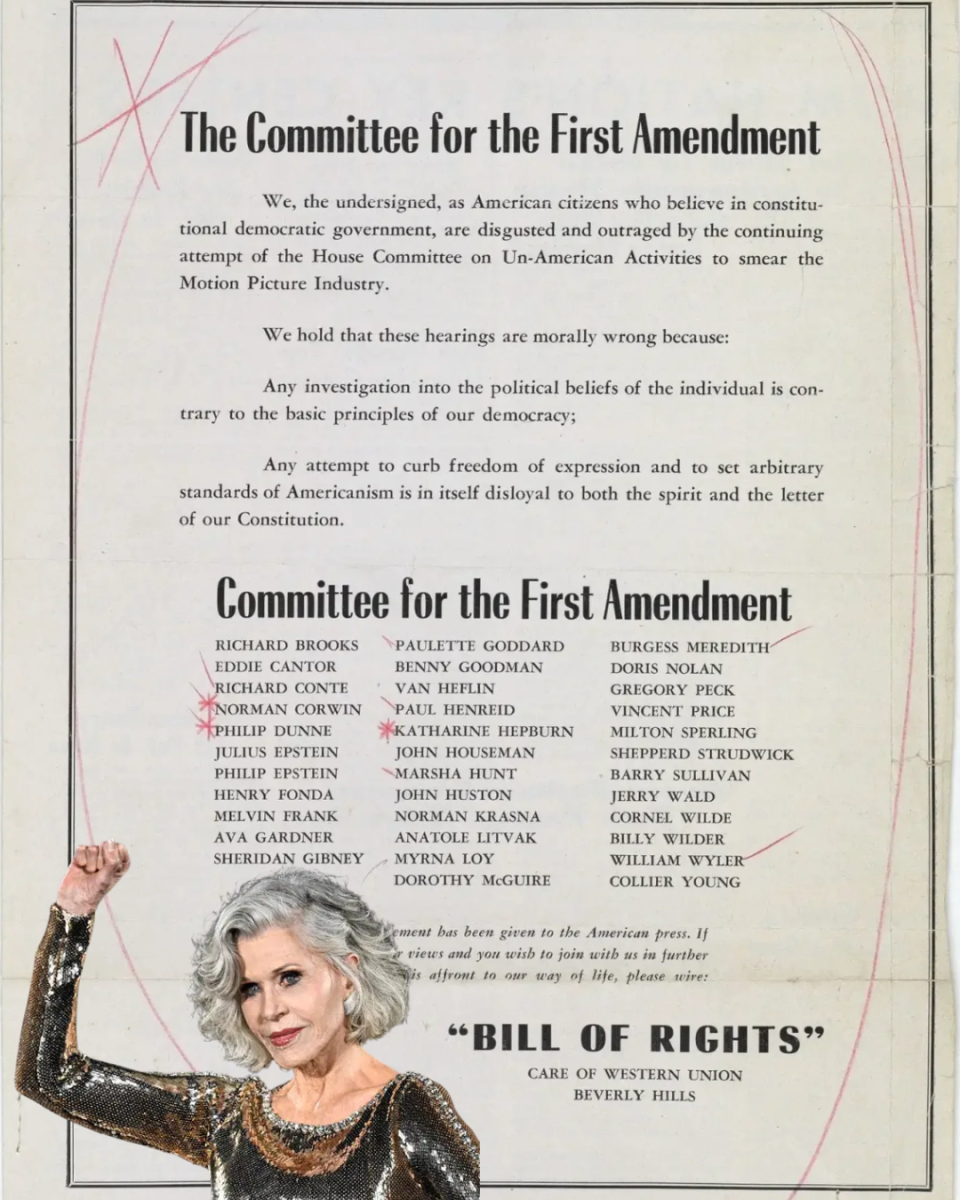Parenting can feel like an Olympic sport, but for those with children on the autism spectrum, it’s more like an Olympic triathlon – especially when it comes to school. With a rapid decline of special education teachers and paraeducators, parents are having to take their children’s needs into their own hands, and it isn’t pretty.
With more kids than ever in need of special education, you’d expect the special education department to be thriving – but that couldn’t be further from reality. The population of special education teachers in the U.S. has been on a steep decline for years, even before the pandemic. According to Education Next, an estimated 46,000 special education teachers leave public schools annually, while fewer than 30,000 teachers join the field.
But why are schools lacking special education teachers and paraeducators in the first place? Let’s break it down.
Mohammad Al Jaffal, the Associate Professor of Special Education at King Saud University, conducted a study in the Northeastern United States surveying special-education teachers with at least 2 years of experience. His objective was to identify barriers and struggles special-education teachers face on a daily basis and brainstorm recommendations for special-education plans.
Al Jaffal found that the leading concern in special-education teachers is the lack of sufficient training regarding autistic students and related learning disabilities. Current special-education standards require teachers to meet a variety of diverse needs, yet educational and training programs aren’t meeting these needs.
Teacher burnout is also not uncommon within the special education field – a whopping 50% of special educators are out of the profession within 5 years. This is mostly due to the drastic amount of paperwork, administrative tasks, and mental energy the profession requires. Students’ behavioral challenges can also be overwhelming to professionals, especially when they aren’t sure what to do.
Due to the lack of special education teachers, many parents of autistic children are struggling to get their kids the support they need, especially in the PPS district. The Portland Autist and Allied Moms Group has been flooded with reports of how hard it is to get a paraeducator in Portland – in some cases even taking over five years – and that’s with a lawyer. Without a lawyer, time to wait, and a wallet full of cash, parents are essentially doomed.
Since when was it necessary for special education to support part of America’s pay-to-play system?
In the face of staff shortages, many schools have taken to prioritizing “higher-needs” kids over others. This has caused many kids to go without any care, leading to the lowest school enrollment for autistic children in years. Today, 86% of all students in the U.S. graduate with a high school diploma, compared to 74% of autistic students. That’s about 1 in 4 autistic adolescents who never make it past high school.
The special-education staff shortage has also weakened the quality of help people are receiving. When there are no available paraeducators, a general education teacher or district administrator has to step in and cover the role of a paraeducator for the day – a dysfunctional solution to a long-standing problem.
Imagine having to run a class and be a paraeducator all at the same time. This was unfortunately the reality for numerous teachers at Roseway Heights Middle School in Portland last year. These paraeducator “substitutes” were often other teachers at the school, meaning they had other tasks to complete during that time — and since they hadn’t undergone special training, the care they were able to give was insufficient.
When these parents finally do get support for their child, they’re finding that the education system’s solutions have a long way to go. Every case of autism is different, but the methods schools in the U.S. are using to support neurodivergent learning environments have received complaints for being “too generalized,” and for not taking an individualistic approach.
Facing budget cuts after the infamous PAT strike on the PPS district, PPS moved to cut special-ed teams this April. The teams proposed included assistive technology specialists for non-verbal students, adaptive physical education support, behavior analysts and multilingual supports to speech pathologists.
On April 2, members of the PAT rallied outside of a Portland Public Schools Board of Education meeting, urging the district to reconsider. The rally proved to be successful, and the topic of special education cuts was lost… until August. PPS is facing $30 million in budget cuts, and Special Education support is a hot topic on the negotiation table. In the face of financial constraints, special education support is among the first to lose, and parents are actively fighting back to get their children the support they need.









